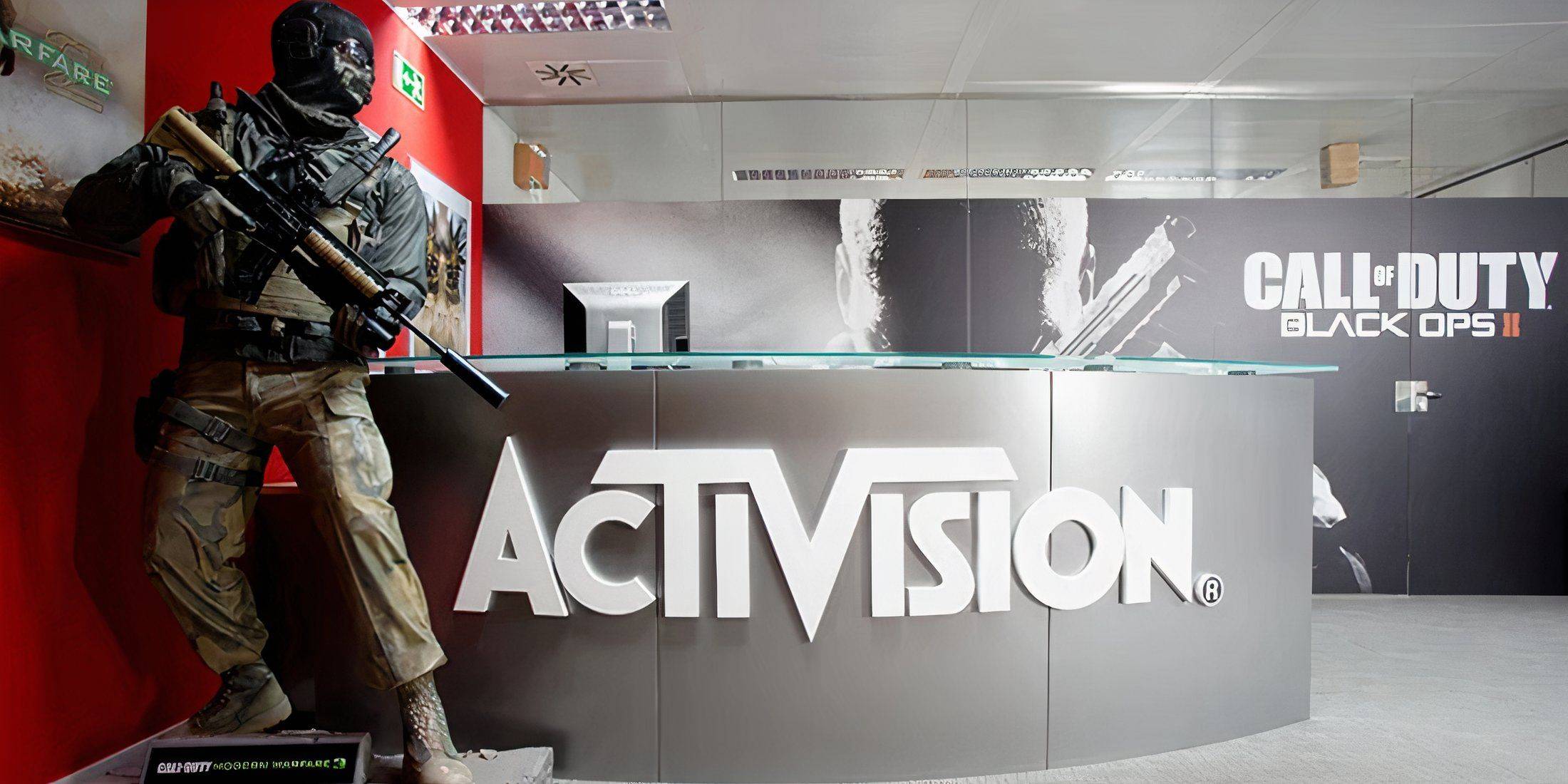
Activision's Robust Defense Against Uvalde Lawsuit: Call of Duty's First Amendment Protection
Activision vigorously defends its Call of Duty franchise against lawsuits filed by Uvalde shooting victims' families. These lawsuits, initiated in May 2024, claim the shooter's exposure to Call of Duty's violent content contributed to the Robb Elementary School tragedy in May 2022. The 150-page defense, filed in December, categorically denies any causal link between the game and the shooting.
The core of Activision's argument rests on the First Amendment's protection of free speech, asserting that Call of Duty is a form of artistic expression. The company challenges the plaintiffs' assertion that the game's "hyper-realistic content" constitutes actionable negligence. This defense is bolstered by expert declarations.
Expert Testimony and Game Design Details
Activision's defense includes a detailed 35-page declaration from Notre Dame professor Matthew Thomas Payne. Professor Payne refutes the lawsuit's characterization of Call of Duty as a "training camp for mass shooters," arguing that the game's depiction of military combat aligns with established conventions in war films and television. Further supporting the defense, a 38-page declaration from Patrick Kelly, Call of Duty's head of creative, provides insights into the game's design process, including budgetary details (e.g., the $700 million budget for Call of Duty: Black Ops Cold War).
Ongoing Legal Proceedings
The Uvalde families have until late February to respond to Activision's comprehensive defense. The outcome remains uncertain, but the case highlights the ongoing debate surrounding the potential link between violent video games and real-world violence. This legal battle is significant, as it involves a major gaming company and a high-profile tragedy, potentially setting a precedent for future cases.


 LATEST ARTICLES
LATEST ARTICLES 










